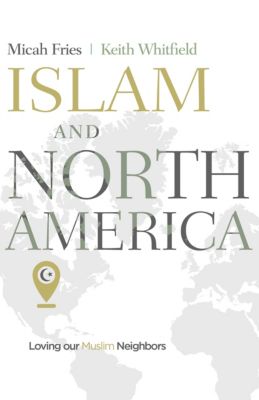In 1711 Alexander Pope authored one of his first major poems entitled, “An Essay on Criticism.” From that poem would come the line that he is best known for. “To err is human, to forgive is divine.” In that line, and in the poem, Pope was attempting to communicate the unlikely nature of forgiveness. However, the iconic line has since been used by many as justification for their indiscretions. “I’m only human” has been offered time and again when someone is attempting to explain their behavior. It has been standard operating behavior for a long time now. The popular understanding goes something like this: God has called us to walk in righteousness, but sometimes our humanity gets the best of us, and we fall. Jesus came, then, to redeem us from our sin which is intertwined with our humanity. We have grown accustomed to disparaging our humanity as if it is of no value. The problem with that is that it seems to deny the timeline of scripture, specifically the record of creation.
In creation, God created everything and then declared it “good.” He moved on to the creation of humanity and he extended his affirmation by declaring it “very good.” This confident approval of the humanity that he had just created reminds us that humanity, both the physical and spiritual side of the creation, is something that God wanted, and that he made it precisely as he wanted it. In other words, humanity is not bad, it is in fact good. Sin, then, is not merely “being human.” In fact, I think it’s safe to say that sin is not human at all – I would call it sub-human behavior. It is less than human. It is less than what God designed for humanity. Therefore, our humanity is not bad as much as it is infected by sin. To speak of it in disparaging terms is to misunderstand humanity, and God’s design for humanity in the future.
This understanding of our humanity is important, specifically in the larger sense of understanding both creation and God’s desire to redeem and restore his creation. Romans 8:20-21 tells us that creation is longing, waiting even, for the return of Christ. It tells us that creation is specifically waiting for the same kind of resurrection that “God’s children” anticipate experiencing. In other words, the physical world around us, as well as humanity itself, waits for the return of Christ to redeem, restore and renew. This is important because it reminds us that the physical creation, and specifically, our humanity, is not bad and in need of destruction so much as it is diseased and in need of resurrection. When we look at God’s word at what eternity will be like we don’t find a disembodied state, but rather we see a physical reality that has been redeemed and made perfect. In many ways, it can be argued that eternity will be a lot like the Garden of Eden, where God made everything and declared it good, only in eternity we will dwell in a city and not a garden.
Ultimately, why does any of this matter? It matters, first of all, because we want to speak rightly when we are talking about ourselves, the world and God’s engagement in it. It matters, secondly, because we need to stop blaming our humanity and recognize that humanity is a good thing, created by God for our good and his glory. Our problem is not with humanity, but rather with sin and the father of sin, Satan. This is why Paul frames our fight not with humanity, but with the spirit world in Ephesians 6. Finally it matters because Romans 8:24 says that this hope of a resurrected creation, and a resurrected humanity, is our ultimate hope as followers of Christ. This is what fuels our faithfulness. This is what we look for as disciples of Jesus.
So let’s stop assigning blame to our humanity. Let’s look to Jesus who created our humanity and who is working to redeem and renew our humanity in preparation for that day when Christ will return and those who are in Christ will be brought together with him for all eternity.


